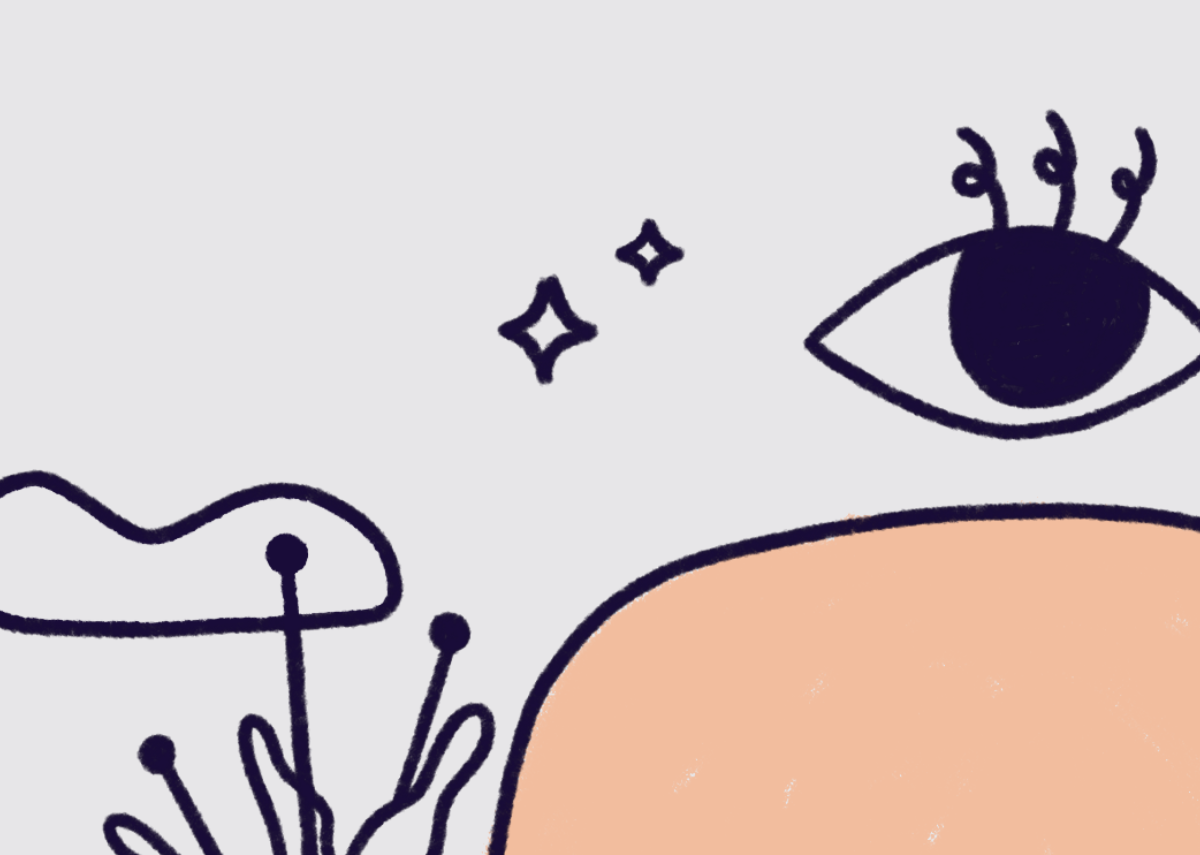How innovation continuously expands data science: Interview with Dan Luca

Working in data analytics and data science brings many exciting opportunities to test and try innovative solutions. One of our team members, Dan Luca, is very keen on discovering what's new on the data horizon and, like the rest of the team, believes this type of work requires a continuous search for new methods and tools.
Dan has been a part of the boobook team for three years now as a senior data scientist. London based, he enjoys brewing beer and occasionally gaming. But most of his days, he is translating data and retrieving insights to help businesses understand how to use the information to improve their customer experience and overall business strategy.
Dan has a physics degree from the UCL Department of Physics & Astronomy in London. After studies, he worked as a market researcher, where he worked his way up from trainee to project manager position. In 2015, Dan decided to expand his skills and do a master's in data science, studying part-time while still working as a researcher. After graduating, he worked as an analytics lead at his previous job. Soon, he became a part of the boobook team where he could explore and learn more about analytics and data science. What exactly drove him into the world of data analytics?
"As a researcher, I was always on the quant side. I'm interested in doing the analytics, not just the research."
Building on the combination of analytics expertise and research know-how
As most consultants in the data science world, Dan enjoys getting something done with a successful tangible outcome.
"Though the best part of working at boobook is the learning process, I gained a lot of experience in the areas boobook is known for, such as segmentation and conjoint. Furthermore, I am always keen to try a new methodology, put it into practice and then if it works, it's a rewarding feeling," he explains.
Dan approaches every project with questions that will help him (and clients) understand the needs and objectives. "Usually, we map out a process of how we'll get to the business objectives." Team collaboration is crucial, and boobook makes a good case for it. "Everyone's different, and everyone can bring something unique to a problem. Whether it's a methodology, or an idea, or something around the organisation, or something based on experience, I strongly believe that discussing things first and planning together with a team is far more beneficial than working in isolation," explains Dan.

Another important difference between boobook and other agencies is the ability to bridge the gap between pure research agencies and analytics. "Boobook has immense experience in the sector. And it has this combination of analytics expertise and research know-how. The team knows what works in both worlds and how it works. I think that's what makes us unique," says Dan.
Innovation as the driving force behind data science
If there's a possibility of trying out something new, Dan is usually the first in the team to do it.
"If there is an initiative to look at a methodology that we haven't used before, I become curious and ready to test it out," says Dan.
Innovation is a must at boobook, especially as data science is a quickly moving sector intertwined with digital advancements. Being on top of new tools, methods and implementing them to the existing workflow is something Dan does with great ease and genuine interest.
"While studying data science, I've learned some interesting methodologies that I haven’t yet applied in the research world. So that was one great source of inspiration. I also try to keep up to date with developments in the data science world by reading relevant blogs and connecting with my peers on LinkedIn.
There are many misconceptions about what a data scientist is. For anyone interested in becoming one, Dan has a couple of tips. "Programming is a must-have in data science. So if you get the basic programming skills, that's a good start. It would help if you also had a good foundation in mathematics and stats. Ideally, you should also have a bit of business acumen. Of course, this comes with experience," confirms Dan.
The (inevitable) evolution of the data scientist role
The future of data science is still unclear in terms of other technologies and merging with other technologies. Dan believes the role of a data scientist will change over time and become an umbrella term for new roles.
"The job title of data scientist might disappear in the future because at the moment, that is too broad. It will morph into several other things. For example, there will probably be data scientists who will build the tools. On the other hand, there will also be data scientists who will use sophisticated tools without knowing how to programme them, or what's behind them."
"I'm not sure we will call it data science in a few years because it will just be incorporated in everything. If you think about it, from your smartphone to your car, algorithms to recommend you something on the internet, etc., everything will be interconnected. And data science is already a part of pretty much everything," he concludes.
Related posts

COVID-19 insights by boobook: Consumers shift focus to long-term saving and review of financial plans

COVID-19 insights by boobook: 7 key takeaways on consumer attitude and future behaviour





